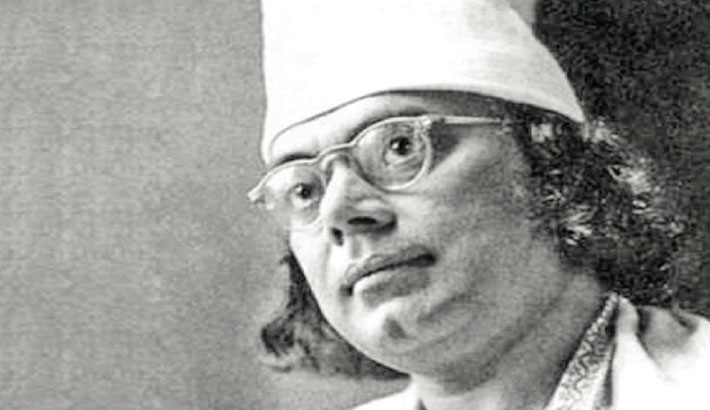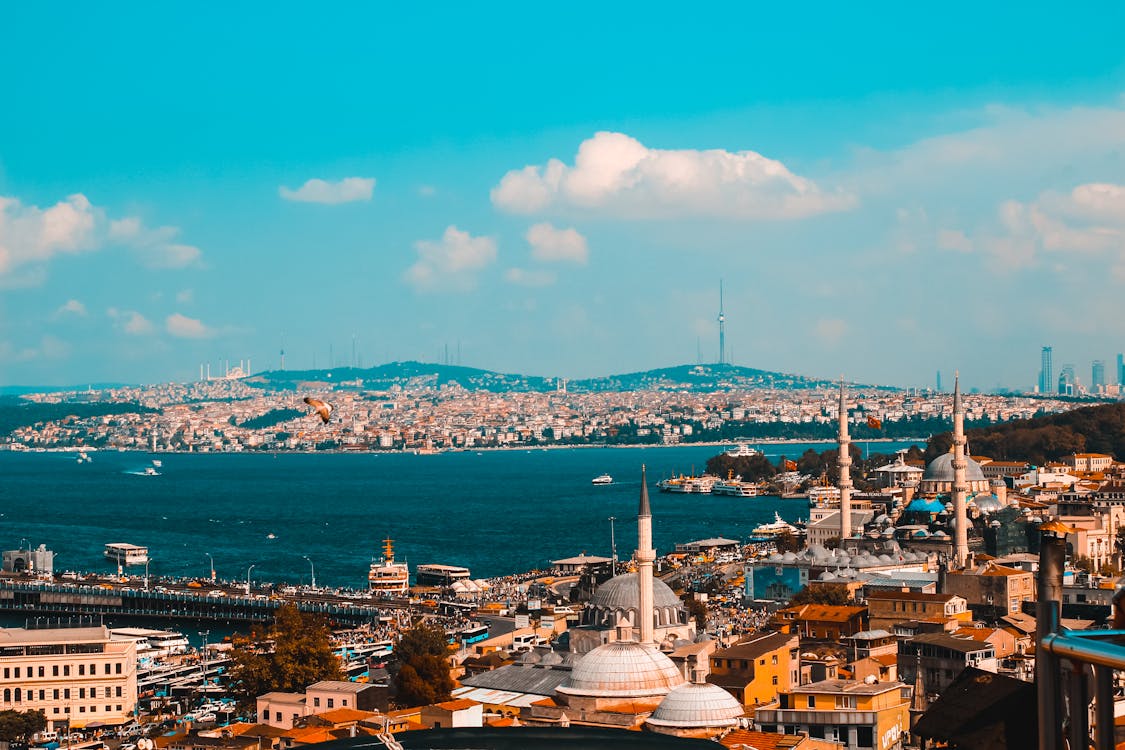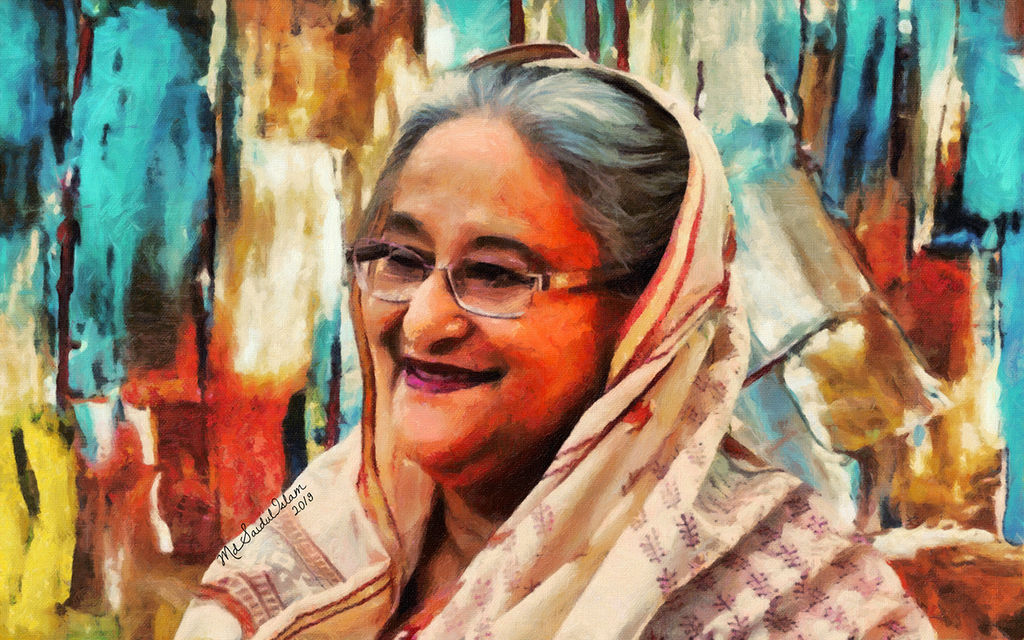World War I, often referred to as the Great War, erupted in 1914 and lasted until 1918, reshaping the geopolitical landscape and leaving an indelible mark on the 20th century. Fueled by complex alliances, militarism, nationalism, and unresolved territorial disputes, the war became a crucible of unprecedented destruction, technological innovation, and social upheaval.
Causes of World War I:
The origins of World War I are multifaceted, rooted in a complex web of political, economic, and social factors. The assassination of Archduke Franz Ferdinand of Austria-Hungary in Sarajevo in 1914 served as a catalyst, triggering a cascade of events. The intricate system of alliances, with major powers such as Germany, Austria-Hungary, and the Ottoman Empire forming the Central Powers, and France, Russia, and the United Kingdom aligning as the Allied Powers, contributed to the rapid escalation of the conflict.
The War on the Western and Eastern Fronts:
The war unfolded on two main fronts: the Western Front, characterized by trench warfare and a brutal stalemate, and the Eastern Front, marked by fluid and expansive battles. The introduction of new weapons, including tanks, machine guns, and poison gas, transformed the nature of warfare and intensified its destructive potential.
Notable Battles and Campaigns:
The Battle of the Marne (1914):
This battle marked a crucial turning point on the Western Front, halting the German advance into France and establishing a static frontline.
The Battle of Jutland (1916):
A naval engagement between the British Royal Navy and the German High Seas Fleet, this battle highlighted the significance of sea power in the war.
The Battle of the Somme (1916):
Known for its staggering casualties, the Battle of the Somme underscored the grueling nature of trench warfare and the toll it took on soldiers.
The Russian Revolution (1917):
The collapse of the Russian Empire due to internal strife had profound consequences, leading to the rise of the Bolsheviks and Russia’s exit from the war.
The Entry of the United States (1917):
The sinking of the Lusitania and the interception of the Zimmermann Telegram prompted the United States to enter the war on the side of the Allies, altering the balance of power.
The Treaty of Versailles and Consequences:
The war concluded with the signing of the Treaty of Versailles in 1919, imposing harsh terms on Germany and its allies. The treaty aimed at preventing future conflicts but, in retrospect, contributed to the grievances that fueled World War II. The redrawing of national borders, the creation of the League of Nations, and the imposition of reparations on Germany shaped the post-war geopolitical landscape.
Social and Cultural Impact:
World War I had profound and far-reaching effects on societies and cultures. The war brought about unprecedented social changes, including the empowerment of women, the reevaluation of traditional values, and the trauma experienced by soldiers on the front lines. The disillusionment with the war’s outcomes and the toll it took on a generation of young men gave rise to artistic expressions of existential angst and cultural transformation known as the “Lost Generation.”
Technological Advancements and Legacy:
The war spurred rapid technological advancements in aviation, communications, and medicine. The legacy of World War I is evident in the subsequent geopolitical realignments, the emergence of new nation-states, and the evolution of military strategies that shaped the course of the 20th century.
World War I, with its unprecedented scale of destruction and far-reaching consequences, remains a pivotal chapter in human history. The war’s intricate web of causes, the horrors of trench warfare, and the complex aftermath set the stage for the geopolitical dynamics of the 20th century. As nations commemorated the centenary of the war, it serves as a poignant reminder of the need for diplomacy, cooperation, and efforts to prevent conflicts that exact a toll on humanity. The lessons learned from the Great War continue to resonate, emphasizing the imperative of fostering peace and understanding in an ever-changing world.








